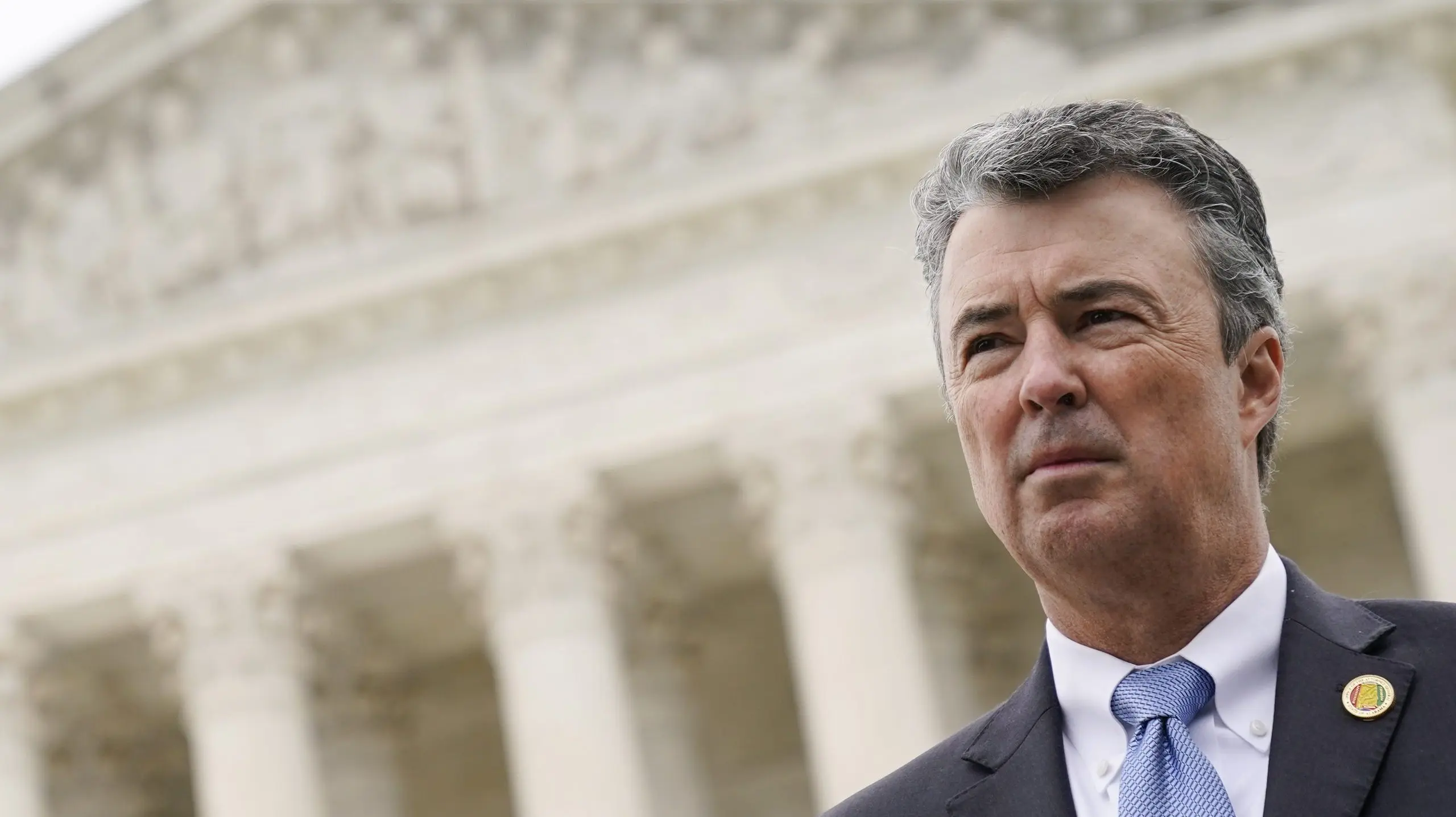Attorney General Steve Marshall and attorneys general from 20 other states have taken a stance against the American Bar Association’s policy regarding diversity and inclusion in law schools. On Thursday, the coalition signed a letter urging that the accrediting body for law schools in the U.S. revise Standard 206 of its Standards and Rules of Procedure for Approval of Law Schools 2023–2024.
The coalition claims that the ABA Standard 206 does not comply with the United States Supreme Court’s recent decision in Students for Fair Admissions, Inc. v. President & Fellows of Harvard College.
“We urge the Council to modify its standards in a way that comports with federal law and with the ABA’s purported commitment to set the legal and ethical foundation for the nation,” the AGs wrote.
The ABA is accused of promoting an “unlawful requirement that law schools engage in race-based admissions and hiring.” But the original vocabulary of Standard 206 reads differently.
Standard 206 places a high priority on diversity initiatives. The interpretations explain that non-compliance won’t be tolerated even if a constitutional provision prohibits the consideration of certain factors like race or ethnicity in admissions or employment decisions.
The Interpretations also clarify that if applicable to the law, admissions may use race and ethnicity in its admissions process to promote diversity and inclusion. Never required.
However specific criteria are never outlined. The only specifics outlined are in Interpretation 206-2, which lists the positives that result from creating a diverse learning environment in an accredited law school. Promoting cross-cultural understanding and breaking down stereotypes surrounding different racial and ethnic groups or genders are the concrete goals.
Compliance with the standard is evaluated based on the overall efforts of the law school. The determination of whether a law school has satisfied these obligations is based on assessing the school’s actions and outcomes achieved.
The revised version of Standard 206 is rather simple, leaving only the phrase “concrete action” for the coalition to criticize.
Ultimately, ABA Standard 501 states that “A law school shall only admit applicants who appear capable of satisfactorily completing its program of legal education and being admitted to the bar.”
The letter concludes by reiterating that there needs to be some form of clarity in the Standards and that it needs to be re-revised to fit within the federal law’s prohibition of race-based admissions and hiring, because “well-intentioned racial discrimination is just as illegal as invidious discrimination.”

















































